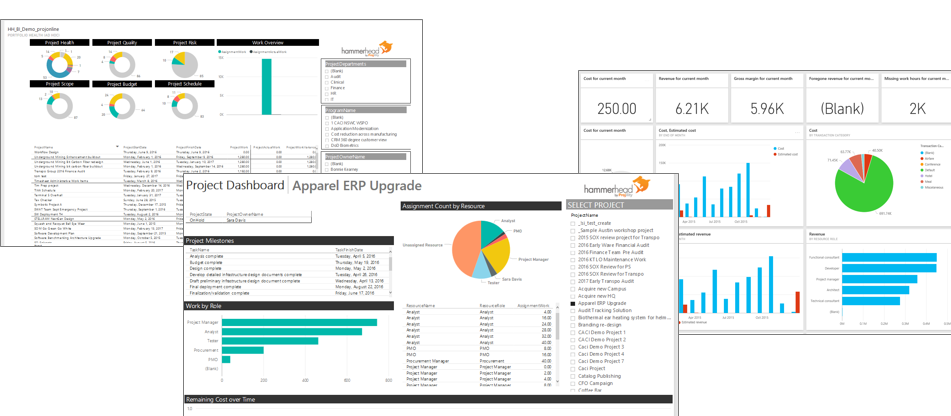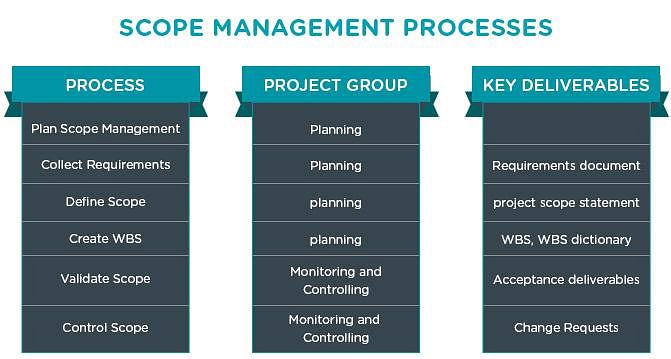
Both the major branches of accounting, managerial and financial, share many similarities. Although both types of accounting produce financial information, managerial accounting requires more knowledge of accounting theory. Financial accounting standards, which are commonly used for public companies, have certain rules that must be followed in order to present financial information in a consistent manner. The Financial Accounting Standards Board published a comprehensive set accounting standards, including GAAP.
Principles of managerial account
The principles of managerial account provide insights into the economic activities to support strategic objectives. Applying these principles will enable organizations to have an accurate cost model, timely cost information, and flexibility for internal decision-makers. These principles are outlined in the CGMA Competency Framework. These principles also give an overview of the profession's norms and values. These principles can help improve the performance and efficiency of an organization by being understood and applied. The following examples illustrate how management accounting principles may help your business improve.
The concepts of analogy, causality, and analogy are the basis of managerial accounting principles. The first principle relates the quantitative output of a managerial objective to its quantitative input quantity. This principle allows managers the ability to model costs and allocate them to different business activities. The second principle is to interpret the information in light a variety of decision alternatives. This allows managers the ability to make the most effective decisions. Management-focused approaches that use both principles achieve the desired results and optimize company operations.

The goals of managerial accounting
The main goal of managerial accounting is to provide information to business owners and managers for internal decision making, planning, and control. Managers rely on this information to make decisions. Financial accounting information does not contain enough detail to help managers make informed decisions. It needs to be broken down into the individual products and services to provide the managers with the information they require to make informed decision. They must be able conduct what-if analyses to help determine the best course.
Management accounting should arrange data in groups that are simple to understand. Data should be relevant and pertinent to the problem. A grouping of purchase figures by country, supplier, or product is possible. Managerial accounting can also be used as a communication tool. Managers need to know how the organization is performing against its budgets, operating plans, and standards. Deviations from these plans and budgets must be reported to management and appropriate corrective measures can be taken.
Scope of managerial Accounting
Managerial accounting covers the interpretation and analysis of business data. Managers can make better decisions to maximize profits and make better decisions. The information can also be used to inform decisions about industry cycles and resource utilization. Therefore, managerial accounting can be a broad field. The following are some of the key features of this branch of accounting. These characteristics make it a very valuable tool for management. A key component of financial accounting is managerial accounting.
Management accounting is important to manage overhead costs. It helps you allocate costs based upon the number and quality of your products. It allows managers to assess the impact of cash flow decisions. It can be difficult to determine the effect of one transaction on cash flow because most companies use accrual accounting. Managerial accountants are also responsible for planning for short-term operations. They analyze the costs and profit trendlines of various products.

Requirements for managerial accountants
Management accountants have a variety of job duties and require a diverse set of skills to be successful. In addition to being familiar with generally accepted accounting principles (GAAP), they must understand fundamental tax principles and be knowledgeable about human capital and financial capital management. Leadership and persuasive skills are required for this job. The individual must also be able to communicate well. Education in education technology or social media are also required.
To succeed in their positions, management accountants should have strong analytical skills. They should be able to analyze and interpret financial data, and they should be able to communicate complex data in both written and oral forms. Finally, they need to be strong in their ethical standards and be able lead by example. Management accountants must comply with a variety of professional standards. A solid knowledge of these principles is critical for success.
FAQ
What is Kaizen and how can it help you?
Kaizen is a Japanese term for "continuous improvement." It encourages employees constantly to look for ways that they can improve their work environment.
Kaizen is a belief that everyone should have the ability to do their job well.
What role should a manager play within a company
Managers' roles vary from industry to industry.
Managers generally oversee the day-today operations of a business.
He/she makes sure that the company meets its financial obligations, and that it produces goods or services that customers desire.
He/she ensures employees adhere to all regulations and quality standards.
He/she designs new products or services and manages marketing campaigns.
It can sometimes seem difficult to make business decisions.
Complex business systems have many moving parts. It is difficult for people in charge of businesses to manage multiple priorities simultaneously and also deal with uncertainty.
Understanding the impact of these factors on the system is crucial to making sound decisions.
You must first consider what each piece of the system does and why. It is important to then consider how the individual pieces relate to each other.
It is also worth asking yourself if you have any unspoken assumptions about how you have been doing things. If you don't have any, it may be time to revisit them.
Try asking for help from another person if you're still stuck. They may see things differently from you and have insights that could help you find a solution.
How do we build a culture that is successful in our company?
A successful company culture is one that makes people feel valued and respected.
It's founded on three principal principles:
-
Everyone has something valuable to contribute
-
Fair treatment of people is the goal
-
Respect is shared between individuals and groups
These values are evident in the way that people act. They will treat others with kindness and consideration.
They will be respectful of the opinions of other people.
They encourage others to express their feelings and ideas.
A company culture encourages collaboration and communication.
People feel comfortable expressing their opinions freely without fear of reprisal.
They know mistakes will be accepted as long as they are dealt with honestly.
Finally, the company culture promotes integrity and honesty.
Everyone knows that they must always tell the truth.
Everyone understands there are rules that they must follow.
No one is entitled to any special treatment or favors.
What are the top management skills?
Managerial skills are crucial for every business owner, regardless of whether they run a small store in their locality or a large corporation. They are the ability to manage people and finances, space, money, and other factors.
You will need management skills to set goals and objectives, plan strategies, motivate employees, resolve problems, create policies and procedures, and manage change.
As you can see, there are many managerial responsibilities!
Statistics
- UpCounsel accepts only the top 5 percent of lawyers on its site. (upcounsel.com)
- 100% of the courses are offered online, and no campus visits are required — a big time-saver for you. (online.uc.edu)
- Our program is 100% engineered for your success. (online.uc.edu)
- The profession is expected to grow 7% by 2028, a bit faster than the national average. (wgu.edu)
- As of 2020, personal bankers or tellers make an average of $32,620 per year, according to the BLS. (wgu.edu)
External Links
How To
How can Lean Manufacturing be done?
Lean Manufacturing processes are used to reduce waste and improve efficiency through structured methods. They were developed by Toyota Motor Corporation in Japan during the 1980s. The main goal was to produce products at lower costs while maintaining quality. Lean manufacturing eliminates unnecessary steps and activities from a production process. It has five components: continuous improvement and pull systems; just-in time; continuous change; and kaizen (continuous innovation). It is a system that produces only the product the customer requests without additional work. Continuous improvement is constantly improving upon existing processes. Just-in-time is when components and other materials are delivered at their destination in a timely manner. Kaizen stands for continuous improvement. Kaizen can be described as a process of making small improvements continuously. The 5S acronym stands for sort in order, shine standardize and maintain. These five elements can be combined to achieve the best possible results.
Lean Production System
Six key concepts underlie the lean production system.
-
Flow - focus on moving material and information as close to customers as possible;
-
Value stream mapping - break down each stage of a process into discrete tasks and create a flowchart of the entire process;
-
Five S's – Sort, Put In Order Shine, Standardize and Sustain
-
Kanban - visual cues such as stickers or colored tape can be used to track inventory.
-
Theory of Constraints - Identify bottlenecks in the process, and eliminate them using lean tools such kanban boards.
-
Just-in Time - Send components and material directly to the point-of-use;
-
Continuous improvement: Make incremental improvements to the process instead of overhauling it completely.